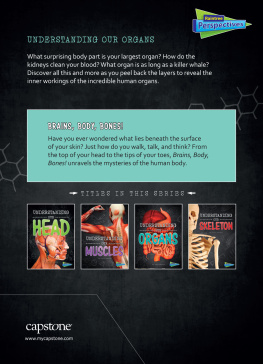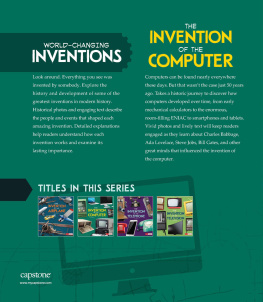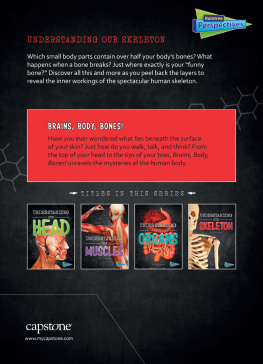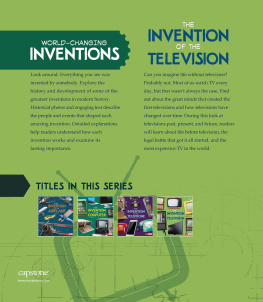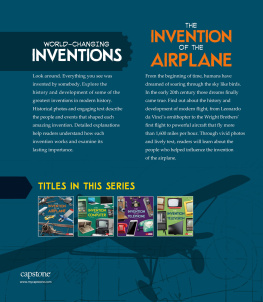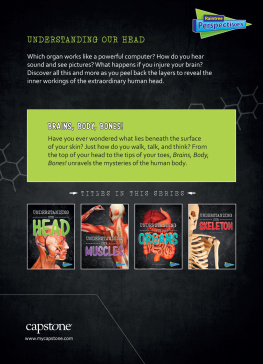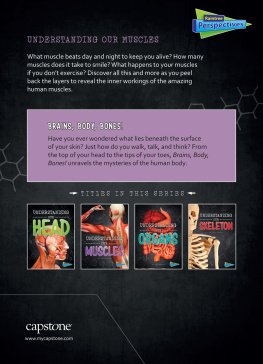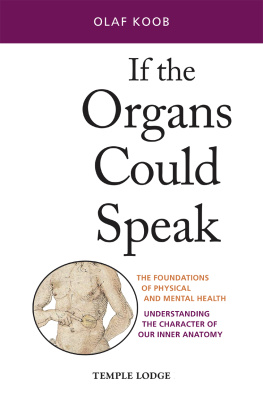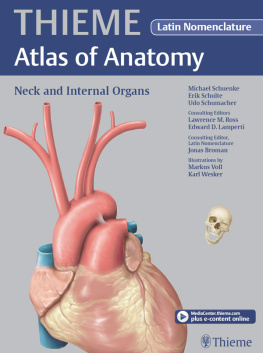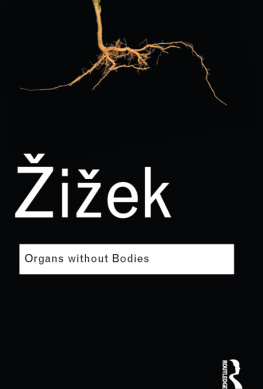HUMAN ORGANS
Lots of people work together to make life in a city possible. Some people work in bakeries and restaurants, making food. Police and firefighters make sure the city is safe. And other people keep the city clean. Everyone has a job to do.
Your body is kind of like a city too. Every organ in the human body has an important job to do. Your lungs help you to breathe. Your heart pumps blood through your body. And your brain controls everything. In your body, your organs work together to keep you alive.
Everyone in a city has a job to do, just like every organ in your body works to keep you alive and healthy.
Organs are grouped together into organ systems. For example, your . These organs break down the food you eat for energy. This process is known as digestion. The organs in each system work together to do a particular job.
ORGAN POWER
Can you name your bodys largest organ? Is it your brain? No. Maybe your heart or lungs? Nope! The bodys largest organ isnt inside the body at all. You see it and touch it every day. Its skin! In fact, the average adult has between 6 and 8 pounds (2.7 and 3.6 kilograms) of skin.
Your skin covers and protects the rest of your body. It keeps your organs on the inside, where they belong. But your skin does more than just hold you together. Skin keeps dirt and germs out of your body. It also stores water, fat, and vitamin D for the body to use.
Body Talk
Did you know that skin heals itself? When you fall and scrape your knee, in your skin work to form a blood clot over the wound. This then turns into a scab, which is a bit like the bodys own protective bandage. Eventually the scab falls off, revealing a fresh layer of healthy skin below.
Living Layers
Skin is made of three layers. The outer layer is the epidermis. It provides a barrier to the outside world. It is thickest on the parts of your body that see the most wear and tear, such as your feet. The middle layer of skin is the dermis. It contains sweat glands, blood vessels, and hair follicles. It also has nerve endings that sense touch and temperature. The hypodermis is the deepest layer. It attaches the skin to underlying bone and muscles.
There is a lot going on with your skin.
Under the Skin
If you could peel away your skin, you would find muscles underneath. Muscles are organs too. The heart is both a muscle and a major organ, while some muscles help other organs to do their jobs. The bladder is a muscle-lined pouch that stores urine until you go to the bathroom. Without the muscles surrounding your bladder, you would not be able to control the need to go to the bathroom.
If you stripped away all your muscles, you would find your bones. Like muscles, bones are also organs. All of these bones make up the skeleton. Your skeleton supports your body and allows you to stand up and walk. Some of the large bones also have an important job. They make blood cells in their soft, spongy centers. The spongy center of a bone is called bone marrow.
Your skin protects and cushions the bones and muscles that lie beneath it.
Body Talk
More than 640 muscles in your body help you to move. They connect to the 206 bones that make up your skeleton. Thats a lot of moving parts!
VITAL ORGANS
When most people think of organs, they picture the ones in the chest and heart are major organs you couldnt live without.
Take a Deep Breath
Your lungs are two squishy, pinkish organs that look like sponges. Breathe in. Can you feel your chest getting bigger? Your lungs have filled up like a balloon. When you breathe in, is brought into your lungs. Your body needs oxygen to survive.
You also use your lungs to talk. When you breathe out, air passes over your . Air rushing over closed vocal cords makes sounds. Without lungs, you wouldnt be able to talk, sing, laugh, or live!
See for Yourself
Place a hand on your chest. Now take a deep breath in, and hold it for a few seconds. Does your hand rise? Thats because your lungs inflate, like a balloon, when you breathe in. Release the breath, and your hand falls again. Your lungs have pushed the air back out, deflating like a balloon without air.
The average person breathes in around 2,419 gallons (11,000 liters) of air a day.
Body Talk
Sometimes your vocal cords slamming shut.
Feel the Beat
Your heart is safely nestled between your lungs. This important organ is about the size of your closed fist. But it doesnt look much like a Valentines Day heart. Your heart actually looks more like a pear.
Blood picks up oxygen as it flows through your lungs. Then it travels to the heart. When the left side of the heart is filled with blood, the heart squeezes tight like a fist. This squeeze squirts your blood though tiny tubes called blood vessels. The blood vessels carry blood and oxygen to the rest of your body.
Your heart is a special pump. The left and right atrium fill with the blood returning to the heart from the body. The left and right ventricle pump the blood back out to the body through the blood vessels. This process is known as circulation.
All the cells in your body use oxygen from your blood. They replace the oxygen with . Blood carrying carbon dioxide goes to the right side of your heart. From there, this blood is pumped to your lungs. Carbon dioxide leaves your body every time you breathe out.
Body Talk
Every time your heart squeezes, it causes your heart to beat. Your heart beats about 300 million times a year.
The Liver Delivers
Like your heart and your lungs, the liver is an organ you couldnt live without. In fact, the liver is your largest internal organ. In adults, this wedge-shaped, spongy organ is about the size of a football.
The liver has many important jobs. Your liver makes a liquid called that breaks down the fat you eat. It also stores vitamins and energy that your body needs. But the livers most important job is cleaning your blood.
The liver is known as the bodys laboratory because it performs around 500 jobs.

